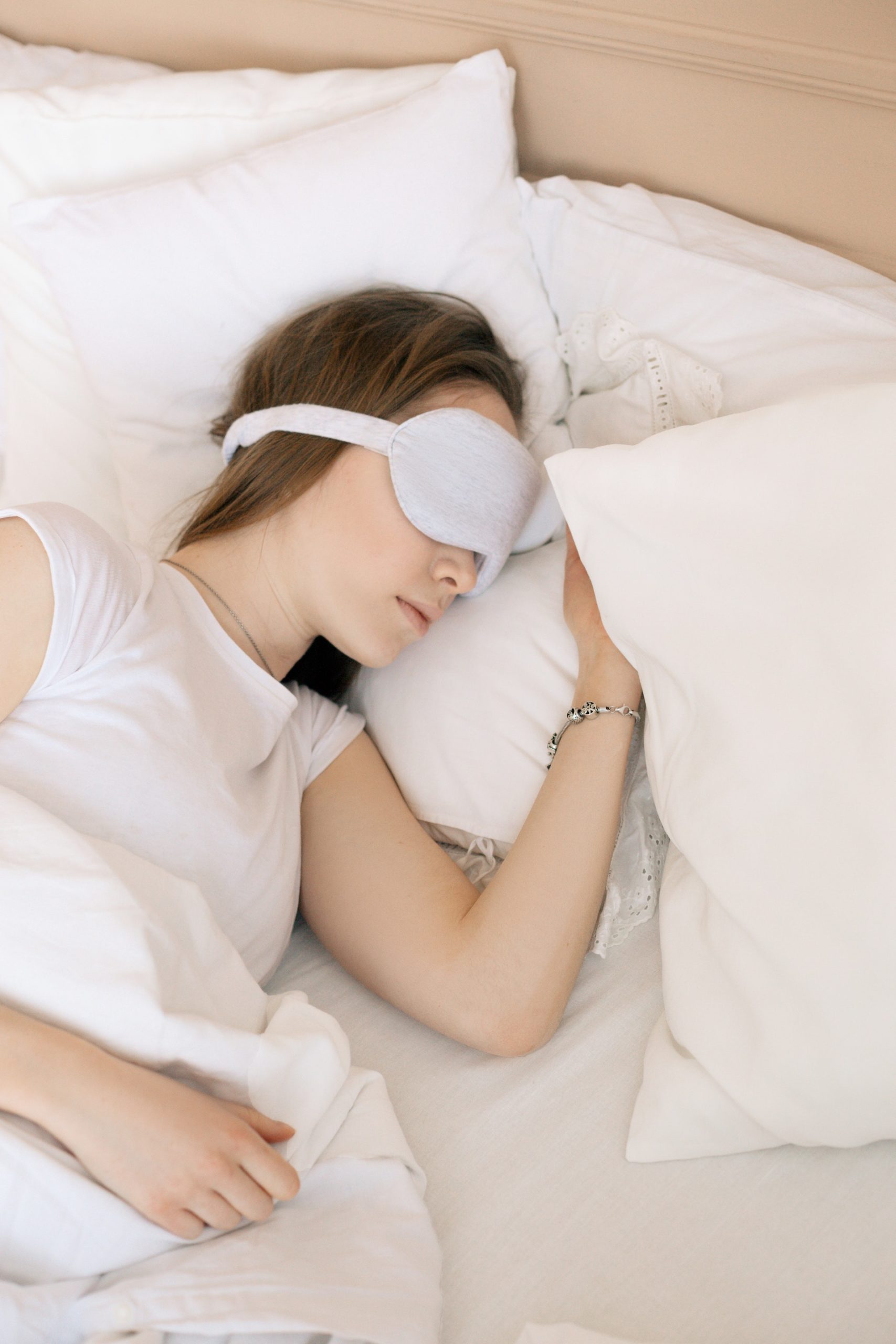Why Am i Having Trouble Sleeping Recently?

Everyone experiences sleepless nights and poor quality of sleep from time to time, but if this continues for more than a few weeks it can start to affect your overall wellbeing. Let’s look into why you might be having trouble sleeping recently, and what you can do about it.
Introduction to Sleep Difficulty
If you’re having trouble sleeping, you’re not alone. According to the National Sleep Foundation, 50 to 70 million Americans suffer from a sleep disorder.
There are many different types of sleep disorders, but the most common is insomnia. Insomnia is defined as difficulty falling asleep or staying asleep. It can be caused by a number of different factors, including stress, anxiety, depression, medications, and underlying medical conditions.
If you’re having trouble sleeping, there are a few things you can do to try to improve your sleep. First, try to create a relaxing bedtime routine including winding down for 30 minutes before sleep and disconnecting from electronics screens. Second, make sure your bedroom is dark and cool and that your bed is comfortable. Finally, avoid caffeine and alcohol, especially before bedtime. If you continue to have difficulty sleeping after trying these tips, consult with a doctor or sleep specialist to discuss other treatment options.
Causes of Sleep Difficulties
There are many possible causes of difficulty sleeping. Some people may have trouble sleeping due to stress or anxiety, while others may have a sleep disorder such as insomnia. Other possible causes of difficulty sleeping include medications, poor sleep habits, and certain medical conditions. If you are having difficulty sleeping, it is important to see your doctor to rule out any underlying medical conditions.
Various Solutions for Sleep Challenges
There are many possible reasons for why you may be having trouble sleeping recently. It could be due to stress, anxiety, or a change in routine. However, there are various solutions that can help you get a good night’s sleep.
If you’re struggling to sleep, try setting a regular bedtime and stick to it as best as you can. This will help your body get into a rhythm of when it should start winding down for the night. It’s also important to create a dark and quiet environment in your bedroom to signal to your body that it’s time to sleep. Try using blackout curtains or an eye mask and earplugs if needed.
Another helpful tip is to avoid watching television or working on your computer in bed. The blue light from screens can interfere with your body’s natural sleep cycle. Instead, try reading a book or taking a relaxing bath before bedtime.
If you’re still having trouble sleeping, there are some over-the-counter medications that can help you fall asleep and stay asleep throughout the night. However, it’s always best to speak with your doctor first before taking anything new.
How to Improve Your Sleeping Habits
If you’re having trouble sleeping, there are a few things you can do to improve your sleeping habits. First, make sure you’re getting enough sleep. Adults need 7-8 hours of sleep per night, so if you’re not getting that much, you may need to adjust your sleep schedule. Second, create a bedtime routine and stick to it. This means going to bed and waking up at the same time each day, and avoiding caffeine and electronics in the evening. Third, create a relaxing environment in your bedroom by keeping it dark, cool, and quiet. Lastly, avoid stress before bed by doing some relaxation exercises or reading a book. By following these tips, you should be able to get better sleep and feel more rested during the day.
Natural Remedies for Better Sleep Quality
There are many natural remedies that can be used to improve sleep quality. Some of these include:
• Exercise: Exercise can help to increase energy levels during the day, which can lead to improved sleep at night.
• Relaxation techniques: Relaxation techniques such as yoga, meditation, and deep breathing can help to promote a sense of calmness and peace, which can be conducive to better sleep.
• Herbal teas: Drinking herbal teas such as chamomile or lavender tea before bedtime can help to induce sleepiness and promote better sleep.
• Essential oils: Aromatherapy with essential oils such as lavender or ylang-ylang can also help to improve sleep quality.
Additional Resources and Tips on Getting a Good Night’s Sleep
There are a number of things you can do to help ensure you get a good night’s sleep. First, establish a regular sleep schedule and stick to it as much as possible. Go to bed and wake up at the same time every day, even on weekends. Second, create a relaxing bedtime routine that will help you wind down for sleep. This could include taking a warm bath, reading a book, or stretching. third, create a sleep-friendly environment in your bedroom by making sure it is dark, quiet, and cool. fourth, avoid caffeine and alcohol before bed. fifth, exercise during the day to help boost your energy and improve your sleep. Finally, if you are still having trouble sleeping, talk to your doctor about other options such as therapy or medication.
Despite the difficulties of being unable to sleep, there are several ways we can take control of our sleeping problems. By examining any possible causes of our sleeplessness such as stress, anxiety or existing physical conditions, and addressing these issues with appropriate measures such as better sleeping habits like a regular bedtime routine or relaxation techniques like yoga and meditation; we can reduce insomnia and improve our overall health. Don’t suffer in silence, seek help from your medical doctor if necessary so that you can get back a good night’s rest soon.
Warning: this article does not constitute medical advice. The article contains the author’s personal opinion and personal conclusions and observations. If you have problems with sleep or are interested in other issues related to it, it is better to consult your doctor.









